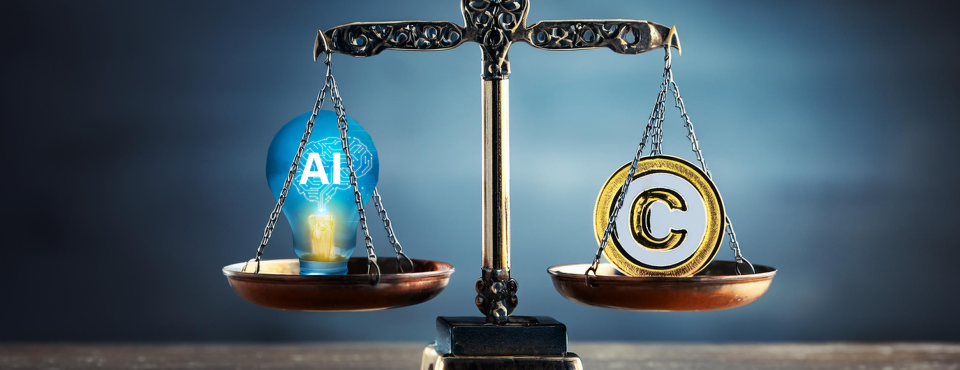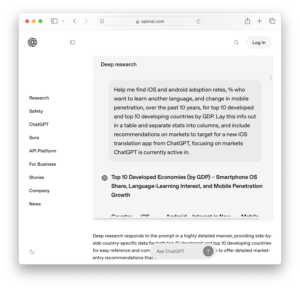Request to Amend OpenAI Copyright Lawsuit Denied

Legal Setback for Raw Story and Alternet Media
A federal judge in New York has dismissed a lawsuit filed by Raw Story Media Inc. and Alternet Media Inc. against OpenAI Inc. The outlets had accused OpenAI of infringing copyright law by using thousands of their protected news articles to train its artificial intelligence model while allegedly removing critical information.
The Lawsuit Overview
In November, Judge Colleen McMahon ruled that the media companies did not demonstrate sufficient harm, which is essential for bringing a lawsuit. The judge emphasized that without showing concrete injury, their claims could not proceed. The lawsuit centered on the argument that OpenAI’s actions had violated their copyrights by using their content without permission.
Reason for Dismissal
Judge McMahon’s dismissal of the case was based on a few key points:
Lack of Concrete Injury: The judge indicated that Raw Story and Alternet had not adequately shown how OpenAI’s actions had harmed their businesses.
Insufficient Details: Although the plaintiffs attempted to enhance their complaint by providing more details on how their works were incorporated into AI training sets, these additions were deemed insufficient by the court.
- Futility of Amendments: The judge ordered that any future amendments to the lawsuit must clarify why the proposed changes would not be futile. This means that if the companies decide to try again, they need to show that these changes could lead to a different outcome.
Implications for Media and Copyright
The ruling has significant implications for the intersection of journalism and technology. With the rise of AI and machine learning, there are growing concerns about how these technologies use copyrighted material. For media outlets, the case raises questions about protecting their content from being utilized in ways that may undermine their financial and creative rights.
Key Points on Copyright and AI Usage
Copyright Law Basics: Copyright law protects original works of authorship, which includes written articles. Publishers expect to maintain control over the use of their content.
AI Training Sets: Companies often train AI models using vast datasets that can include publicly available information. However, the legality of using copyrighted materials for this purpose is a contentious issue.
- Potential for Future Litigation: This case is likely not the last we will see regarding copyright issues and AI. As technology evolves, so too will the legal challenges surrounding it.
Next Steps for the Plaintiffs
Following the dismissal, Raw Story and Alternet have the option to amend their complaint with new information. They will need to demonstrate how OpenAI’s practices have genuinely caused them harm. This could involve providing clearer examples of lost revenue, reduced audience engagement, or other detrimental effects linked directly to OpenAI’s use of their articles.
In conclusion, the ruling in this case highlights the challenges faced by traditional media in the digital age, particularly with the advent of AI technologies. As more organizations use automated systems to process information, the conversation surrounding copyright, fair use, and the rights of creators is expected to intensify.




